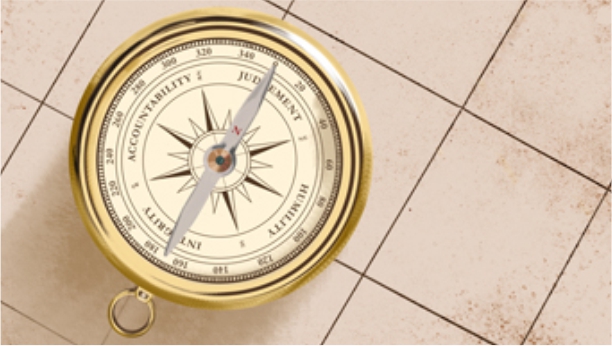
No matter how busy you are, you owe it to yourself to take control over how your character is developing by taking a mindful, intelligent, and intentional approach to your life. As your habits change for the better, you too will change for the better—emotionally and even physically.
Log In or become an AIMA member to read more articles
